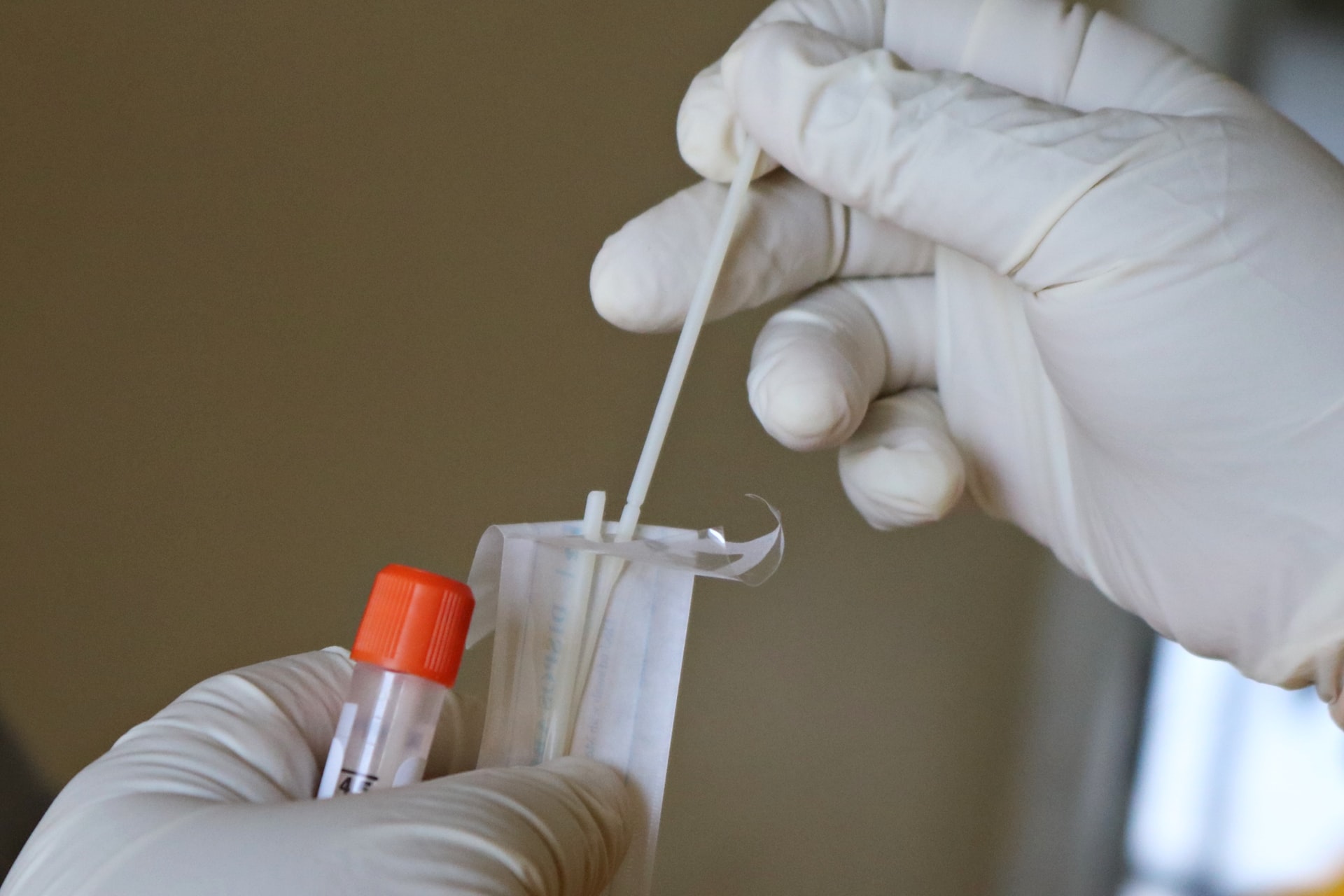Labour Arbitration Allows Employer to Mandate COVID-19 Testing
 " alt="Labour Arbitration Allows Employer to Mandate COVID-19 Testing">
" alt="Labour Arbitration Allows Employer to Mandate COVID-19 Testing">
Written on behalf of Peter McSherry
Just last week, we wrote a blog speculating on an employer’s right to mandate vaccinations against COVID-19 for employees and staff. Considering a balance of an employer’s obligation to provide a safe workplace with an employee’s right to human rights protections, we concluded that the issue presents a fine line; one that courts would have to grapple with as it becomes necessary.
While the vaccination issue has yet to be raised in court, a recent labour arbitration decision addressed the ability of an employer to require regular COVID-19 testing for staff.
Employees Object to Surveillance Testing for COVID-19
The Caressant Care Nursing and Retirement Home (CCRH) is a retirement facility that provides rental accommodation to residents who require a minimal amount of care. The staff at CCRH provide care to approximately 100 temporary and long-term residents on a regular basis. CCRH is also attached to a nursing home, with residents requiring more attention and regular care. The CCRH staff do the laundry for residents of both the retirement home and the nursing home.
Given the concerns of COVID-19 and the particular vulnerability of the older population to severe implications, if infected, CCRH began implementing strict requirements for staff in March 2020. These included:
- Mandatory personal protective equipment (PPE) such as masks for all staff
- All staff were required to change their clothes and shoes at the start of each shift
As cases and deaths due to COVID began to soar in long-term care facilities across the country, CCRH began a program of mandatory bi-weekly COVID testing for all staff in June 2020. CCRH advised staff that the testing was a directive from Ontario Health, and advised staff they would be paid for their time.
Some staff objected to the testing mandate and were told that if they refused surveillance testing, they would be held out of service until it was deemed safe for them to return to work. The union representing the staff, CLAC, Local 303 (the “Union”) filed a grievance on behalf of the staff members who objected to the testing requirement.
Employees Argue Testing Policy is Ineffective and Overly Invasive
The Union argued that some staff were uncomfortable with the testing policy as it was painful and invasive, yet would only show that the person was negative for a specific moment in time. Since the test was being conducted biweekly, staff members could become infected at any point after the test and before the next mandated test. In addition, the staff felt CCRH was overstepping by requiring all staff to be tested, rather than just those who were experiencing symptoms of COVID-19.
Right to Privacy vs. Policy Benefits
The arbitrator had to weigh the staff’s right to privacy against the potential benefits of the policy. Distinguishing COVID-19 from other issues an employer might test for, such as alcohol or drug abuse, the panel considered the gravity and novelty of the pandemic. In addition, the workplace itself was a large factor in the decision. As a retirement/nursing home, the residents were particularly vulnerable to infection, and serious repercussions such as death if they were to become infected. This was clearly demonstrated as infections swept through similar establishments elsewhere in the country. At the time of the hearing, CCRH had not had a single positive case among its staff and residents.
The panel considered the case in light of the requirements originally set out in another case, KVP Co. Ltd. and Lumber & Sawmill Workers’ Union, Local 2537, which were as follows:
- it is consistent with the collective agreement;
- it is reasonable;
- it is clear and unequivocal;
- it was brought to the attention of the employee(s) affected before the employer attempts to act on it;
- where the rule is invoked to justify discharge, the employee was notified that a breach of the rule could result in discharge and;
- the employer has enforced the rule consistently since its introduction.
The panel found that all of the above criteria were met and that the employer had a generous accommodation policy for those who could not tolerate the nasal swabs required for testing. In such cases, employees would be permitted to be tested via throat swab instead. For those who objected to surveillance testing completely, they would be permitted to work so long as they wore full PPE for the duration of their shifts.
If you are an employee concerned about the legality of workplace policies, or an employer looking to ensure you stay compliant with health and safety regulations as they relate to COVID-19, contact the offices of Guelph employment lawyer Peter McSherry. We regularly assist employees with employment and labour issues. Contact us online or by phone at 519-821-5465 to schedule a consultation.




